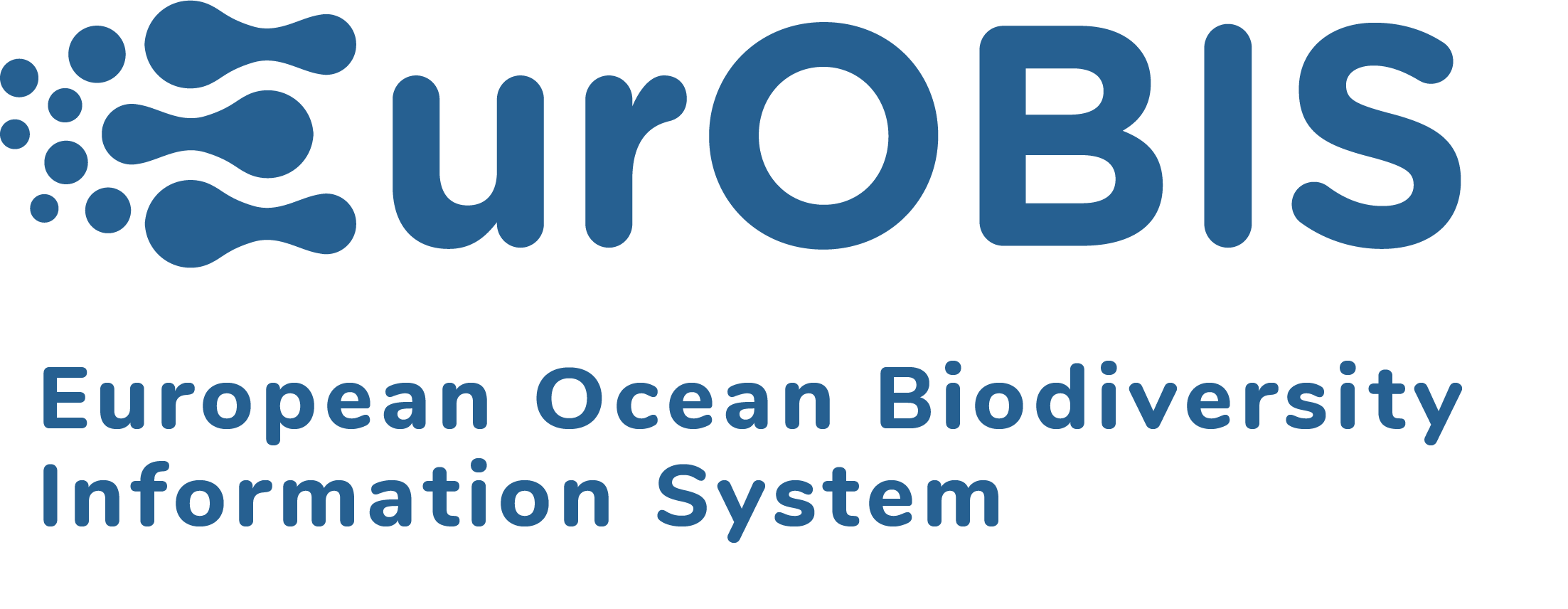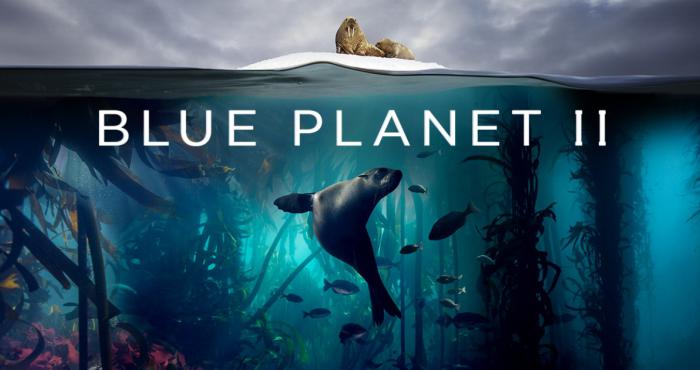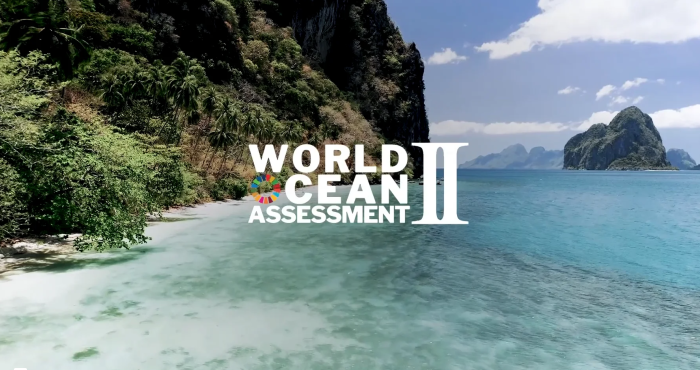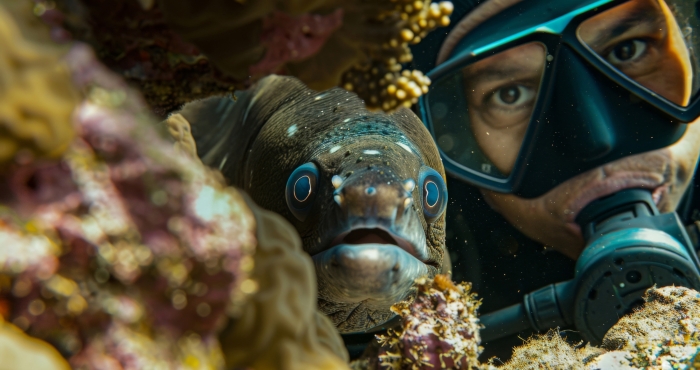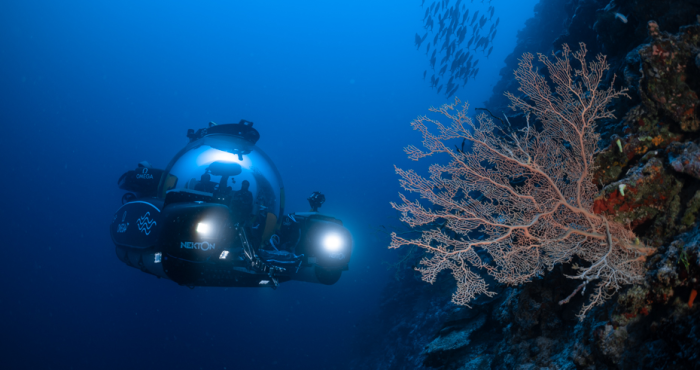
Biodiversity data systems
LifeWatch supports global biodiversity data systems by bringing together the global communities for providing taxonomic information, data, and geographic areas. The LifeWatch Species Information Backbone is a combination of linked data systems hosted by LifeWatch.
Taxonomic data systems
The scientific names of species are the core information within taxonomic data systems. Each taxonomic data system has its own focus, for example on a specific environment, region or theme. Depending on the scope of the system, more information on species can be captured related to their biology and ecology. These taxonomic data systems provide a standardized, digital representation of what is known about diversity. They are indispensable in the work of researchers from all biological disciplines.
The Aphia platform is an infrastructure designed to capture taxonomic and related data and information via an online editing environment. Aphia is the core platform that underpins the World Register of Marine Species (WoRMS) and more than 80 related global, regional and thematic species databases both for marine and non-marine data, representing the latest taxonomic status of each scientific name with references to the literature.
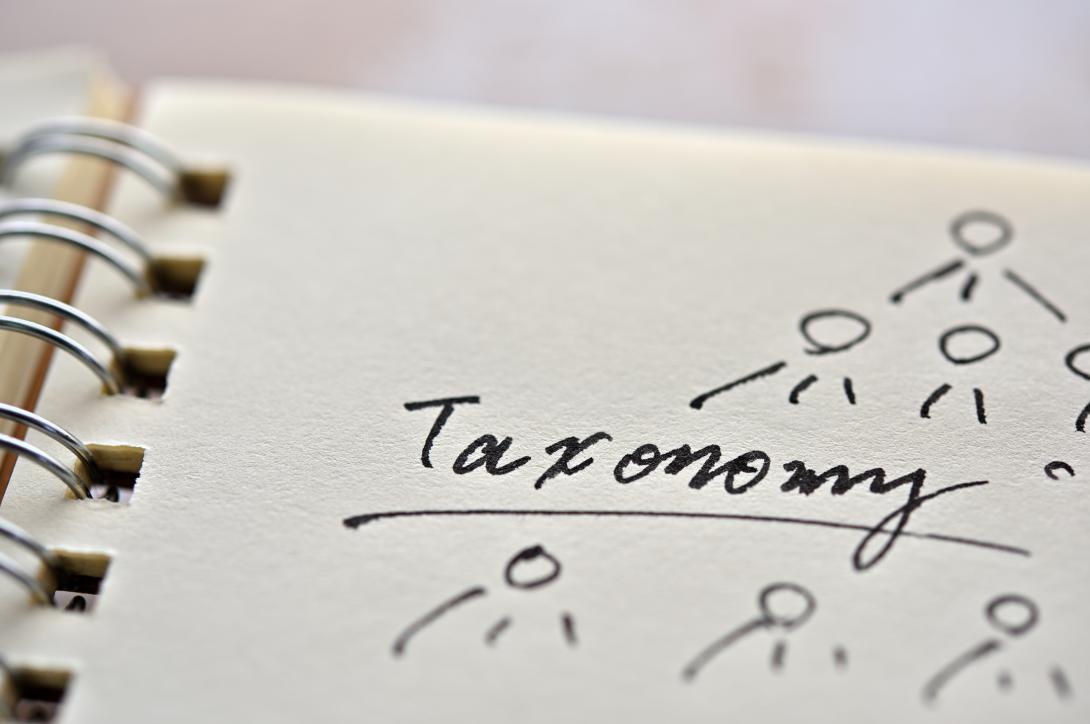
Biogeographic data systems

Biogeographic data systems compile observations of living organisms in space and time. In LifeWatch we host the EurOBIS database, biodiversity.aq and we publish open data to GBIF.
EurOBIS - The European Ocean Biodiversity Information System (EurOBIS) is an online marine biogeographic infrastructure, capturing data on all living marine creatures. It is very well embedded in the European and global landscape. On one hand, it is the infrastructure behind the biological part of the European Marine Observation and Data Network (EMODnet Biology) and also a major data collaborator to OBIS on the global level.
Biodiversity.aq is the SCAR Antarctic Biodiversity Portal and compiles all the Antarctic biodiversity data, both marine and terrestrial.
The Global Biodiversity Information Facility (GBIF) is an international network and data infrastructure aimed at providing anyone, anywhere, open access to data about all types of life on Earth. Several datasets and databases of INBO have been shared through GBIF with the support of LifeWatch (VIS, Inboveg, Flora, Orthoptera, ...).
Gazetteer
A gazetteer is a list of placenames and areas, for researchers to know which place they exactly mean. In LifeWatch we maintain the Marine Regions gazetteer, which provides a standard list of georeferenced place names and areas, including maritime boundaries. Marine Regions serves as the geographical link between species (taxonomy) and where they appear.
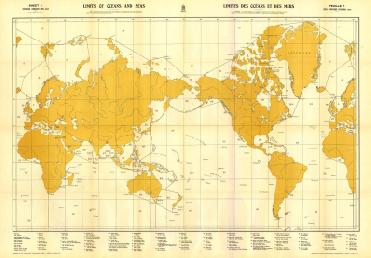
Species Information Backbone
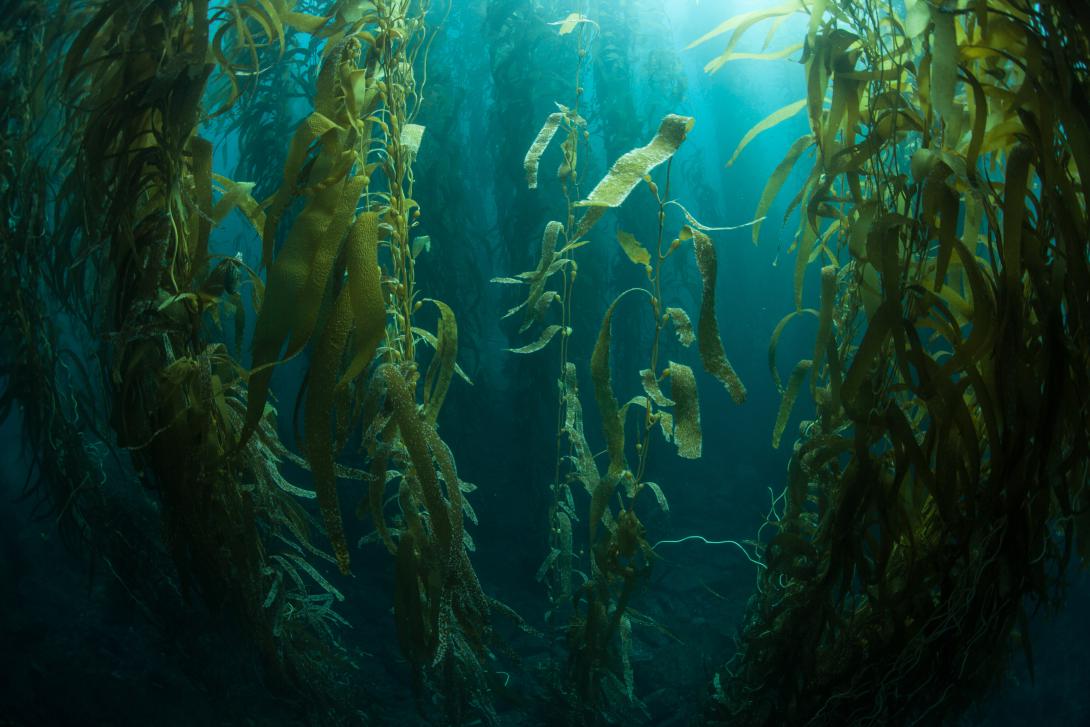
The Species Information Backbone of LifeWatch facilitates the standardisation and integration of species data and provides access to information on species taxonomy, biogeography, genetics and traits (habitat, morphology, vulnerability, etc.).
The Taxonomic databases of Aphia, the Biogeographic database EurOBIS and the Gazetteer Marine Regions form the Species Information Backbone of LifeWatch.

